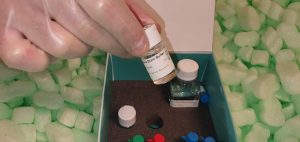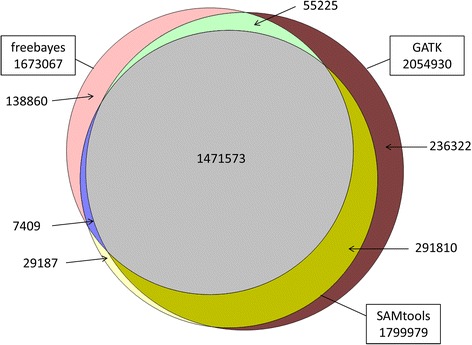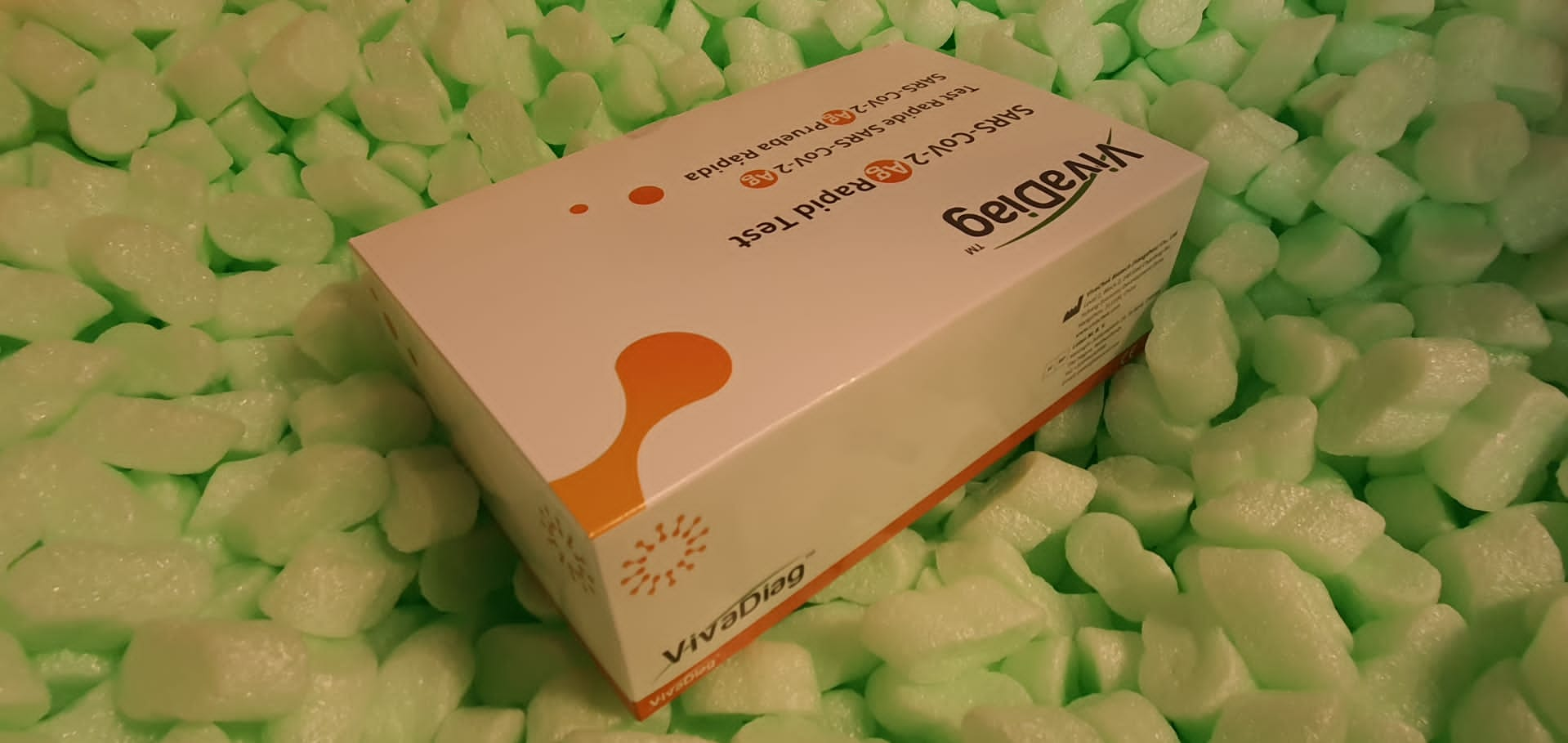Genetic relatedness of multidrug resistant Escherichia coli isolated from humans, chickens and poultry environments
MDR E.coli isolates had been prevalent amongst poultry-workers, poultry, and the poultry farm/LBM surroundings. The emergence of MDR E. coli with novel ST in two isolates could also be plasmid-mediated. Competent authorities ought to implement AMR laws to make sure prudent use of antimicrobials to restrict the chance of transmission alongside the meals chain. High frequency of resistance was noticed for tetracycline (n = 102; 92.7%), trimethoprim/sulfamethoxazole (n = 93; 84.5%), streptomycin (n = 87; 79.1%) and ampicillin (n = 88; 80%). The isolates had related AMR genes and plasmid replicons.
Role of the rooster oligoadenylate synthase-like gene throughout in vitro Newcastle illness virus an infection
The enzyme 2′-5′ oligoadenylate synthase (OAS) is one of the important thing interferon-induced antiviral elements that act by inhibition of viral replication. In chickens, there’s a single well-characterized OAS gene, oligoadenylate synthase-like (OASL) that has been proven to be upregulated after an infection with varied viruses. However, a deeper understanding of how rooster OASL acts towards viral an infection remains to be essential. In this examine, we examined the speculation that OASL brief interfering RNA (siRNA)-mediated knockdown would lower the host gene expression response to the Newcastle illness virus (NDV) by impacting antiviral pathways. To assess our speculation, a rooster fibroblast cell line (DF-1) was contaminated with the NDV (LaSota pressure) and OASL expression was knocked down utilizing a selected siRNA.
The stage of NDV viral RNA within the cells and the expression of interferon response- and apoptosis-related genes had been evaluated by quantitative PCR at 4, 8, and 24 h postinfection (hpi). Knockdown of OASL elevated the extent of NDV viral RNA at 4, 8, and 24 hpi (P < 0.05) and eradicated the distinction between NDV-infected and noninfected cells for expression of interferon response- and apoptosis-related genes (P > 0.05). The lack of differential expression means that knockdown of OASL resulted in a decreased response to NDV an infection. Within NDV-infected cells, OASL knockdown decreased expression of sign transducer and activator of transcription 1, interferon alfa receptor subunit 1
eukaryotic translation initiation issue 2 alpha kinase 2, ribonuclease L, caspase 8 (CASP8) and caspase 9 (CASP9) at Four hpi, CASP9 at Eight hpi, and caspase 3, CASP8, and CASP9 at 24 hpi (P < 0.05). We recommend that the elevated NDV viral load in DF-1 cells after OASL knockdown was the outcome of a fancy interplay between OASL and interferon response- and apoptosis-related genes that decreased host response to the NDV. Our outcomes present complete data on the function performed by OASL throughout NDV an infection in vitro. Targeting this mechanism may assist in future prophylactic and therapeutic therapies for Newcastle illness in poultry.

Chickens productiveness choice impacts immune system genes
Analysis of the protein-coding sequences of the CD1B and DMA genes of varied breeds of chickens revealed a detrimental choice of these genes. In order to know whether or not the fixation of the studied alleles is the outcome of synthetic choice of the B5 line of the cross Smena 8, an evaluation of related loci in layer chickens Hisex White was carried out. The frequencies of the alleles on the loci of the CD1B gene and the RACK1 gene within the Hisex White rooster genome differ from the frequencies of the alleles obtained for chickens of the B5 line of the cross Smena 8. It may be assumed that the fixation of the allele within the DMA gene is related to synthetic or pure choice, constant in broilers and layers.
[Linking template=”default” type=”products” search=”Chicken Stomach Cytoplasmic Protein” header=”2″ limit=”142″ start=”3″ showCatalogNumber=”true” showSize=”true” showSupplier=”true” showPrice=”true” showDescription=”true” showAdditionalInformation=”true” showImage=”true” showSchemaMarkup=”true” imageWidth=”” imageHeight=””]
Changes within the loci Gga_rs16057130 and Gga_rs15788101 within the B5 line of the Smena 8 chickens are most probably related to synthetic choice of broiler productiveness traits, which may subsequently result in fixation of alleles at these loci. Artificial breeding of chickens results in degradation of the variability of genes encoding components of the immune system, which may trigger a lower in resistance to numerous ailments. The examine of the detrimental affect of choice of financial traits on immunity ought to present means to mitigate detrimental penalties and assist discover methods to acquire disease-resistant animals.
Related Posts

Notes on Nomenclature

Comparison among three variant callers and assessment of the accuracy of imputation from SNP array data to whole-genome sequence level in chicken.

